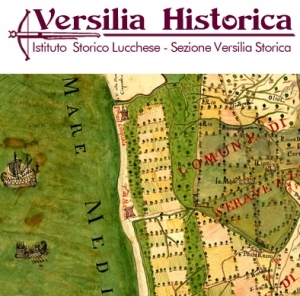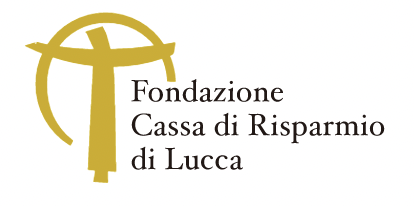
The Lucca “Versilia Historica” Institute has organised a series of conferences on the history of Versilia.
The first in held on Saturday 24 October at 4.30pm, in the “Rodolfo Cope di Valromita” Hall at Palazzo Pellegrini in Querceta.
Conference on the patron Vegni
GRAZIANO TREMÒRI-GIANFRANCO SANTICCIOLI
ANGELO VEGNI: Engineer and philanthropist in 19th century Versilia
Angelo Vegni (Pari, Siena, 1811–Florence, 1883), descendant of an ancient family from Siena, first studied Natural Sciences and Physics at Siena University and then Metal Engineering at the École Centrale des Art et Manufactures in Paris, graduating in 1837. He was such an enthusiast of this School that he personally funded particularly talented young Tuscans to study there, including Vannuccio Vannuccini, who became his personal executor. Between 1838 and 1839 he was commissioned by the Grand Duke of Tuscany to make a “metallurgical journey” in a number of European countries (France, Belgium, Germany, England…). On his return he re-organised all his notes in a publication entitled “Observations on the present state of iron forging produced with charcoal” that won him, at only 29 of age, the nomination as Corresponding Associate at the prestigious Academy of Georgofili. As a young man Vegni strongly supported the industrialisation in the Grand Duchy of Tuscany, not only as mining engineer (from 1842 to 1855 he was director of the mines and foundries of silver galena in the metallurgical complex of Bottino, near Seravezza), but also as an inventor (he patented the metal cable and the machine to make it) and as an industrialist (he founded the Galileo Workshops in Florence in 1864). He was also keen on the financial and organisational aspects of industry and promoted important credit institutions (such as the Banca Toscana di Credito in 1860) and the Società Generale di Imprese Industriali (General Society of Industrial Enterprises, the modern Confindustria). In 1863 he was awarded the teaching post for metallurgy at the Istituto di Studi Superiori e di Perfezionamento in Florence, the nucleus of the future University. Later in life Vegni actively participated in the life of politics in the group of the Tuscan moderates and also took part in the group of intellectuals (Viesseux, Gino Capponi, Lambruschini, Ricasoli Ridolfi, ...) that led the transition from the Grand Duchy of Tuscany towards the Unification of Italy. Angelo Vegni was without doubt one of the best expressions of 19th century philanthropy. Many are the testimonies of his generosity: for instance one can recall the young painter Filadelfo Simi, whose portraits so impressed Vegni that he financed for him a four year specialisation course in Paris at the School of Cabanel and Gérôme. His most striking gesture was certainly that of leaving, with a holograph testament in 1882, his immense fortune to the foundation of an Agrarian Institute (in his words “The Child that will never die…”) that bears his name and that stands in what was his Capezzine estate in Valdichiana. At this Institute, that opened its doors in 1886 with a three-year course of Practical School of Agriculture, thousands of youngsters from all over Italy completed their studies.
Details:
http://www.versiliahistorica.org/





